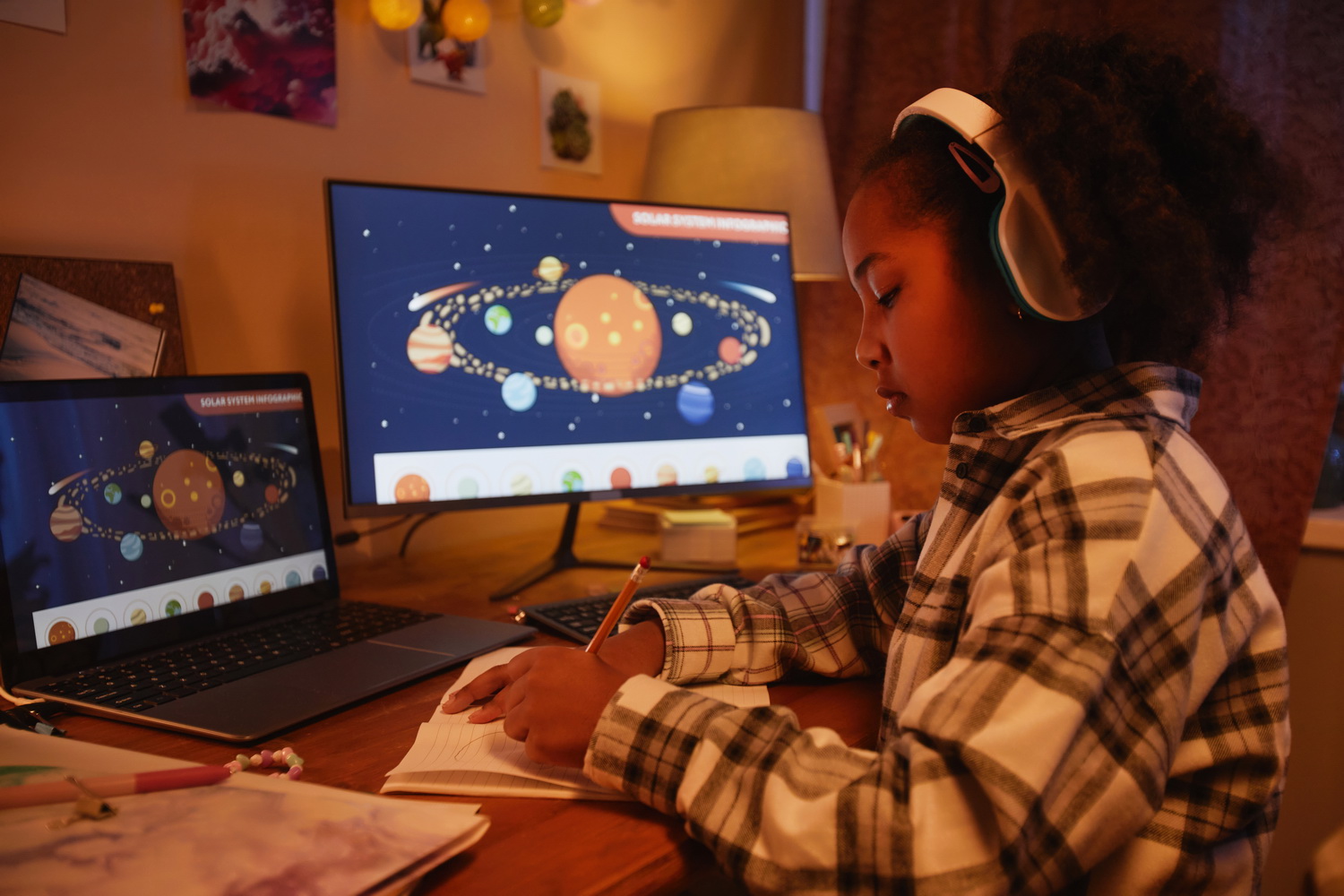Mathematical reasoning Easy Worksheets for Ages 6-9
4 filtered results
-
From - To
Discover our collection of Mathematical Reasoning Easy Worksheets designed specifically for children aged 6-9! These engaging worksheets help young learners build critical thinking and problem-solving skills through fun, interactive activities. Boost your child's confidence in math as they explore patterns, sequences, and logical reasoning. Each worksheet combines vibrant illustrations and age-appropriate challenges to make learning enjoyable. Perfect for classroom or home use, our resources align with educational standards, setting a strong foundation for future math success. Foster a love for math with Kids Academy's easy and effective weekly practice!
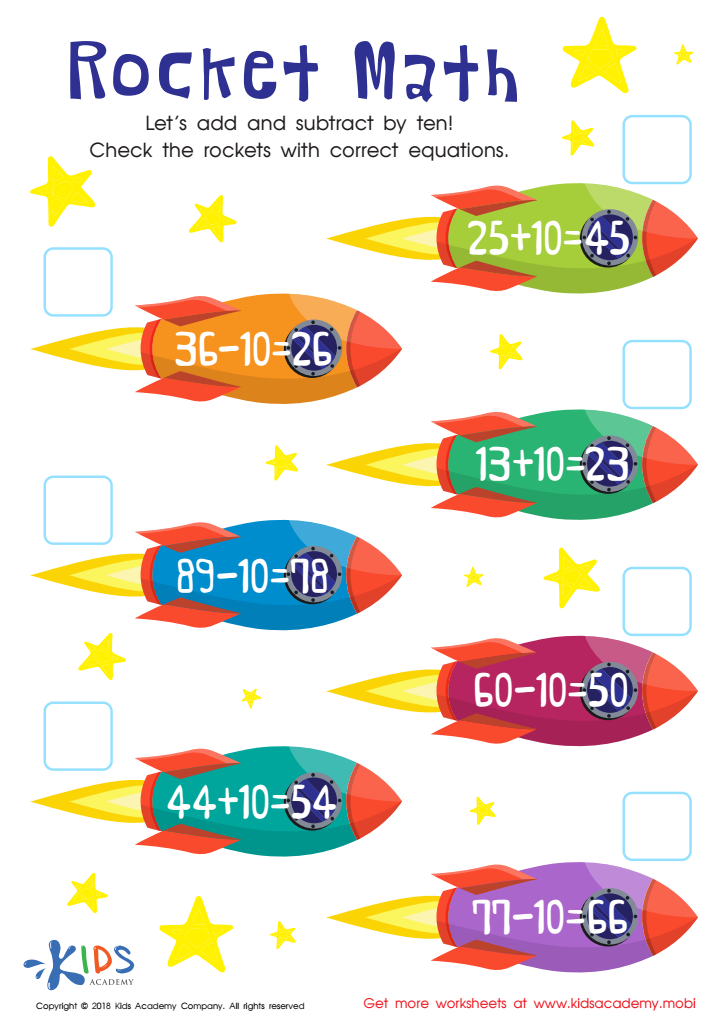

Rocket Math Worksheet
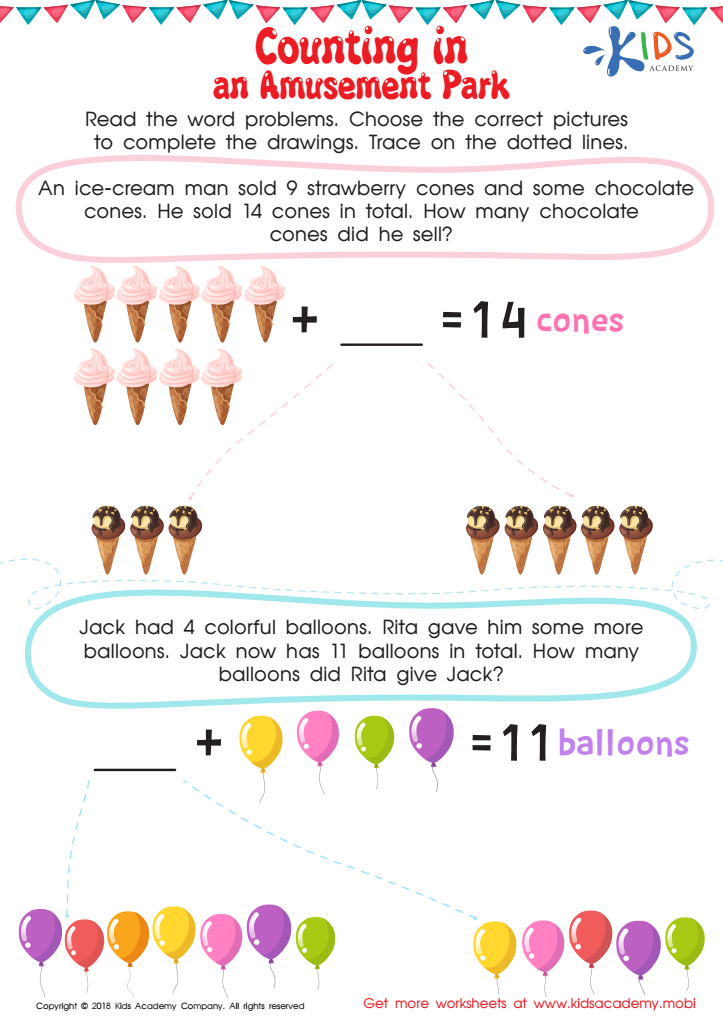

Counting in an Amusement Park Worksheet
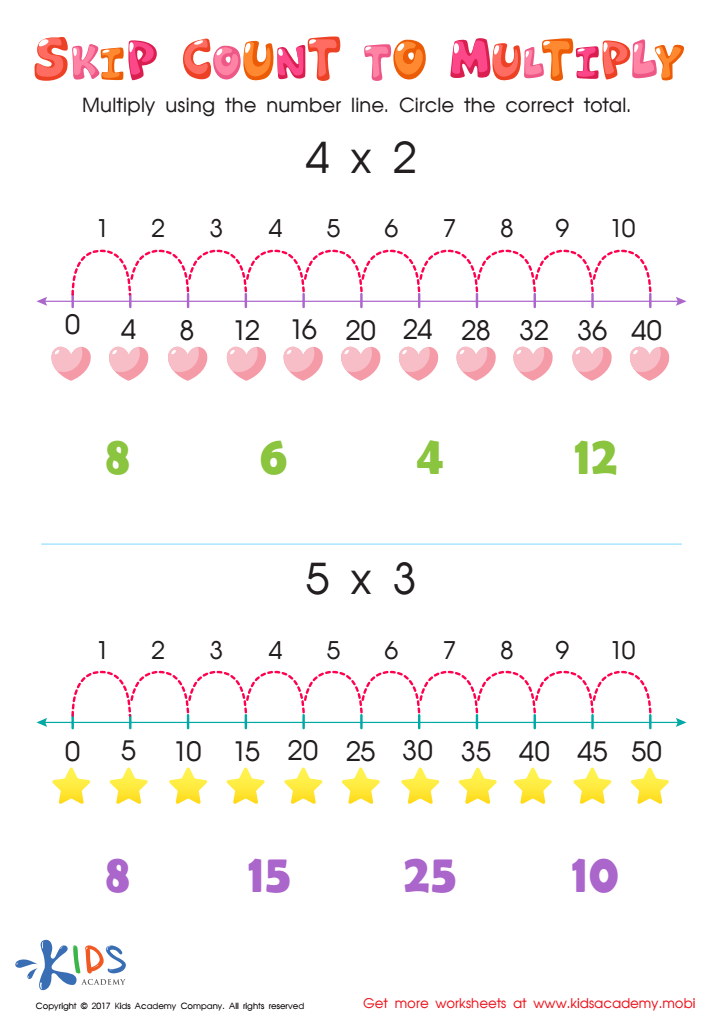

Skip Count Multiplication Worksheet
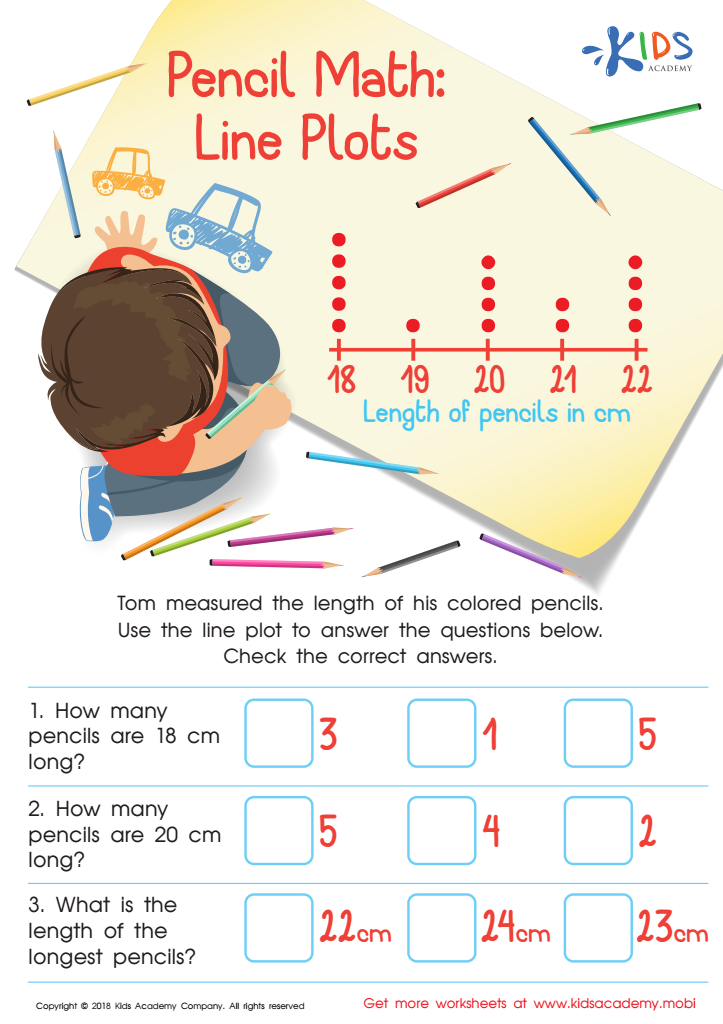

Pencil Math: Line Plots Worksheet
Mathematical reasoning is a fundamental skill that extends far beyond solving math problems – it helps children develop critical thinking and problem-solving abilities they will use throughout their lives. For children ages 6-9, fostering strong mathematical reasoning is especially important as it builds a sturdy foundation for future learning.
At this formative stage, children are curious and open-minded. By engaging in activities that promote mathematical reasoning, such as recognizing patterns, classifying objects, and solving simple puzzles, they enhance their cognitive abilities. This helps with logical thought processes and decision-making, which are essential skills not just in mathematics but across different subjects and everyday situations.
Moreover, early mathematical thinking encourages a positive attitude towards math, reducing anxiety and boosting confidence. When children grasp basic concepts easily, they are more likely to tackle complex problems with perseverance and enthusiasm as they grow older.
Additionally, mathematical reasoning helps kids to understand the world around them. For example, being able to measure ingredients for a recipe or identify geometric shapes at a playground fosters real-world application.
Teachers and parents, therefore, play a crucial role in creating engaging, hands-on learning experiences. Supporting this learning at home and in school creates a consistent learning environment, making math fun, accessible, and profoundly beneficial for young minds.
 Assign to My Students
Assign to My Students



.jpg)

